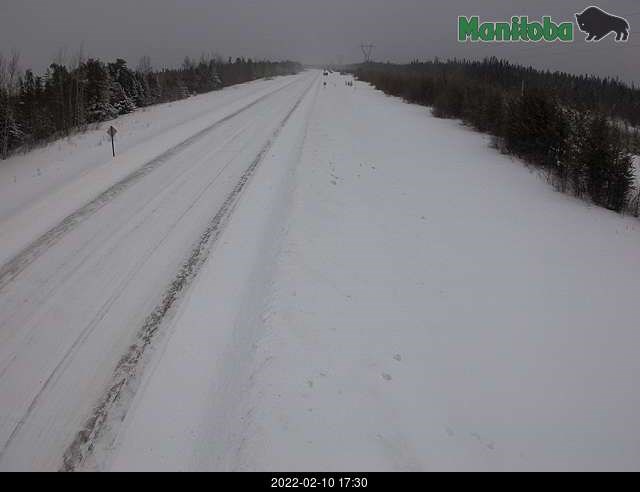Passing lanes aren’t the only thing sorely lacking on Highway 6, some city councillors noted while discussing a petition to make the route safer at their first committee of the whole meeting Feb. 7.
Council was discussing a letter from the organizers of the #SaferHighway6 petition on change.org, which was sent to the mayors of several northern communities as well as First Nations chiefs.
The petition, which had more than 4,000 signatures as of Feb. 10, was launched after Thompson MLA Danielle Adams died in a head-on collision on her way to Winnipeg in December. It seeks to get the provincial government to commit to spending money to upgrade the highway with passing lanes, wider shoulders, rest stops, better snow clearing and faster emergency response times. The letter sent to northern mayors and chiefs urges them all to write their own letters supporting the cause to the infrastructure minister.
Improvements are sorely needed, said Coun, Les Ellsworth.
“I don’t like that road,” he said. “It’s deteriorated really bad over the last few years. We need to get their attention that there are highways outside of Winnipeg. We need to be putting a lot more than chicken feed into fixing the highways.”
Northern mayors continue to pressure the provincial government for improvements to the highway, said Mayor Colleen Smook
Coun. Jeff Fountain noted that safety features aren’t the only thing the province should invest in.
“Theres no services. Neither is there a glut of service stations that people could use on that highway as well,” he said. “We are second-class citizens up here. That’s quite clear.”
Trying to promote Northern Manitoba tourism but refusing to invest in facilities that could be used by visitors and residents doesn’t make sense, said Fountain, who was similarly unimpressed when then-infrastructure minister Ron Schuler responded to a 2019 letter from Smook about the distance between washrooms along the road.
Schuler said that providing washroom facilities for the public is up to the private sector and also noted that truly public washrooms that used to exist at Devil’s Lake and other wayside parks were closed because vandalism and cleanliness made it difficult to maintain them.
“This is basically them telling us that our tourism dollars are important to them but it’s not important to provide services to people,” Fountain said at a July 2019 council meeting.





